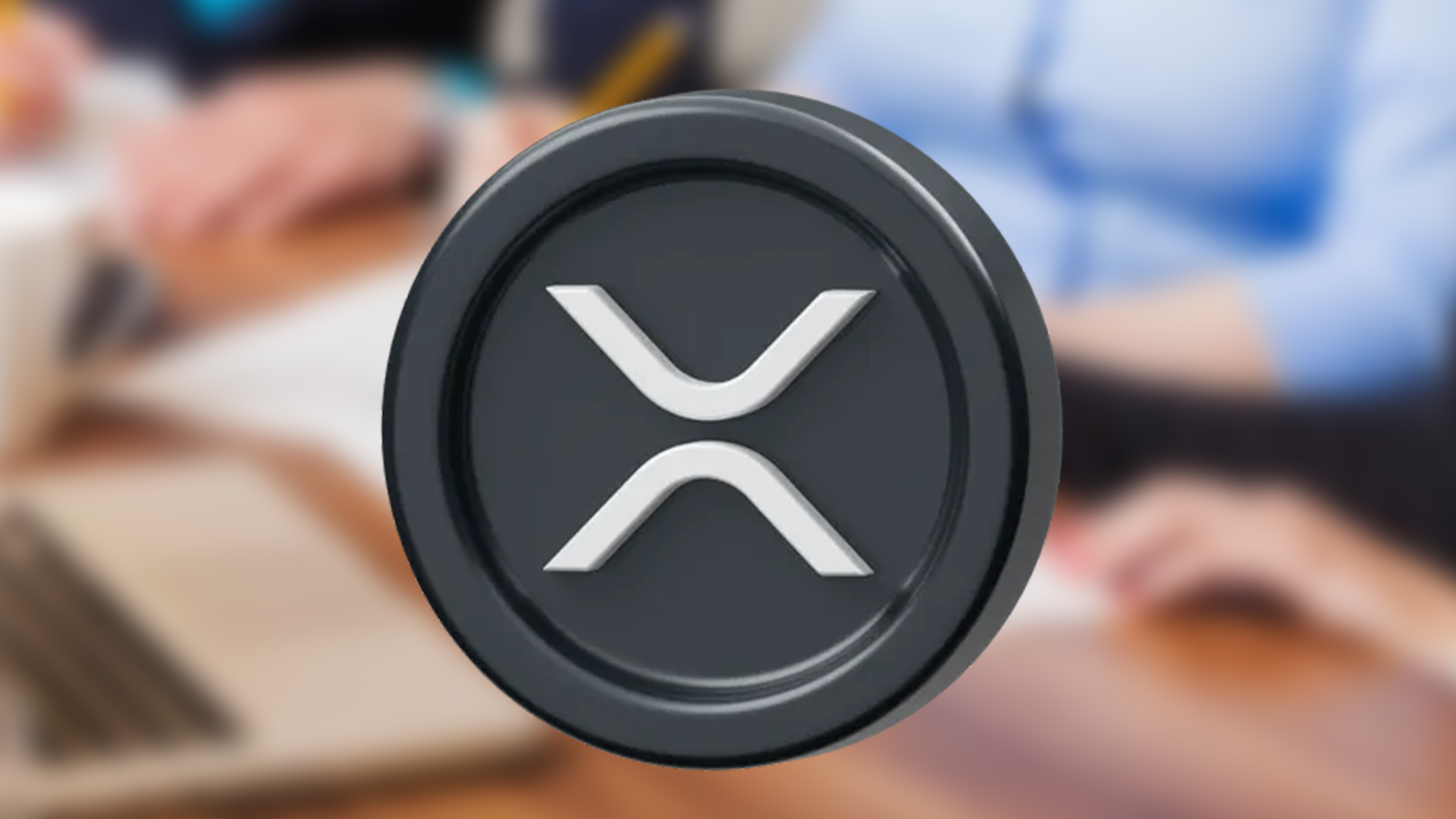

XRP, the digital currency associated with Ripple Labs, has been a hot topic for a while now. Its designation as a financial asset or resource has been strongly disputed. The following sections look at the continuously shifting legal and regulatory patterns that impact XRP, focusing on some of the most modern developments and security features that are available to both consumers and businesses that use this form of currency.
The first crucial trend in XRP’s legal compliance trip is the hunt for nonsupervisory clarity. The United States Securities and Exchange Commission (SEC) initiated an action against Ripple Labs in late 2020, professing that the trade of XRP constituted an unrecorded securities immolation. The acts that were launched aroused suspicions concerning XRP, which ultimately resulted in multiple legal proceedings being initiated in the courtroom.
Still, to our knowledge, since the arrest in September 2021, there have been significant developments. This arrangement additionally made abundantly clear that XRP does not qualify as an asset, thus offering XRP investors as well as companies a bit of relief.
International cooperation on crypto ordinances is another important aspect. As cryptocurrencies like XRP operate across borders, non-supervisory fabrics have become a complex web. In its reply, non-supervisory institutions from every corner of the continent have come together to come up with a more thorough approach to controlling online resources.
For example, the Financial Action Task Force( FATF) has been laboriously working on guidelines for cryptocurrency anti-money laundering( AML) and know-your-client ( KYC) practices. This multinational cooperation would like to make cryptocurrency adherence stronger and more apparent and make it easier for business entities and users to relocate throughout nonsupervisory areas.
The constantly evolving XRP judicial adhering situation has important consequences for enterprises. With less nonsupervisory clarity, companies can now explore XRP-affiliated gambling with further confidence. This improved confidence might end up resulting in additional XRP being provided for complicated activities like repatriation and payments made across borders. Global nonsupervisory interaction additionally decreases the possibility that business enterprises will accidentally violate the rules of compliance with various organizations.
Investor confidence in XRP has also seen positive shifts due to recent legal developments. The agreement with the SEC and increased nonsupervisory clarity have removed a major pall of doubt that hung over XRP. As a result, more institutional and retail investors may consider XRP as a part of their investment portfolio.
There is more trust as well as greater openness throughout the market for cryptocurrency because of XRP’s inconsistent conformity to legal requirements. The SEC action agreement and global nonsupervisory collaboration give investors and company owners an extra sturdy basis. For someone associated with XRP, staying on top of these regulatory improvements becomes critical as the digital currency system expands.
Token airdrops have historically introduced investors to new blockchain projects. However, many distributions fail to…
Airdrops have traditionally been used to introduce new investors to blockchain projects, but their effectiveness…
The approval of Bitcoin ETFs was one of the most anticipated events in crypto history,…
The blockchain space continues to evolve, with projects pushing security, scalability, and user engagement to…
As the cryptocurrency market recovers from recent volatility, several projects emerge as strong contenders for…
The cryptocurrency market is showing strong bullish signals, with many altcoins poised for significant gains.…
This website uses cookies.